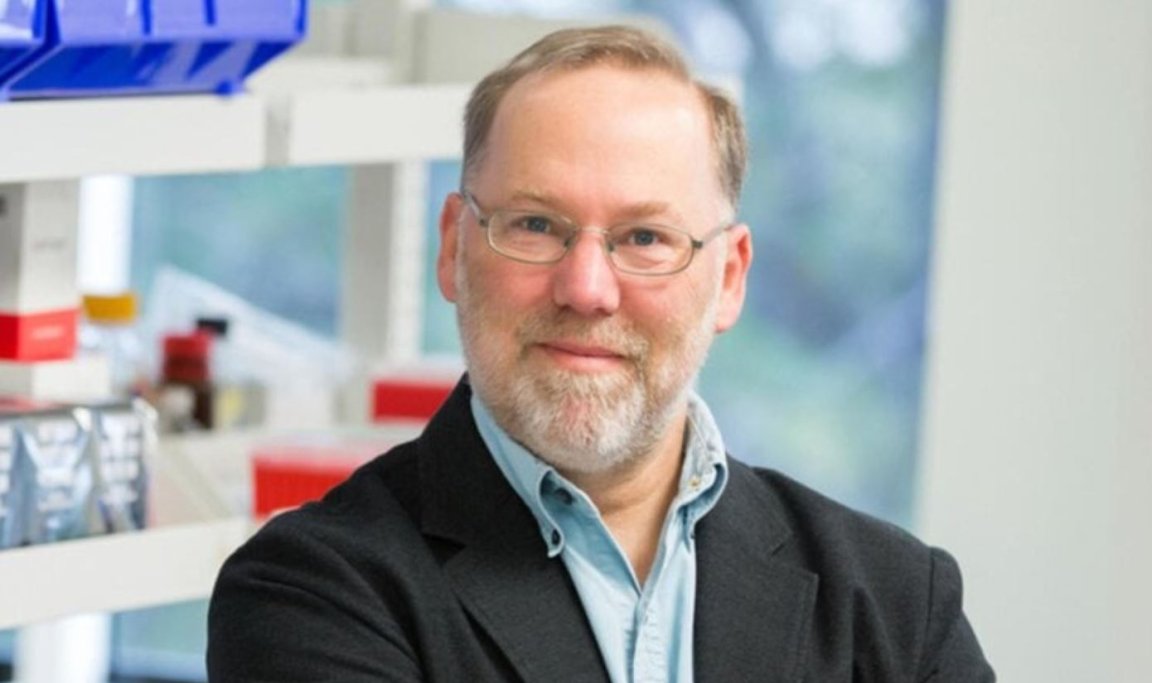
In the serenity of a small Wyoming mountain town, Sonoma Biotherapeutics immunologist Dr. Fred Ramsdell was suddenly startled by his wife shouting as he walked their two dogs nearby. The two were on a three-week backpacking through the Rocky Mountains; naturally, his immediate assumption was that she crossed paths with a grizzly bear.
Having finally reached cell service access, her phone flooded with dozens of messages. She was yelling to him that he’d won a Nobel Prize. The skeptic scientist retorted: “I did not” Yet his wife had 200 texts that told another story.
While the Nobel Committee was attempting to reach Ramsdell, the carefree immunologist was touching grass, fully immersed in the pair’s preplanned off-grid trip with zero regard for the prize announcements — phone on airplane mode, unbothered. When he isn’t researching, Ramsdell likes to fully disconnect in nature. They had to drive another hour for him to get cell service in southern Montana, where he’d finally get on the phone with the committee.
The secretary-general of the Nobel Assembly, Dr. Thomas Perlmann, told the New York Times this was the most difficulty he’s encountered contacting a winner in the nine years he’s been at his post.
Ramsdell and his two colleagues, Mary E. Brunkow and Shimon Sakaguchi, won the Prize in Medicine or Physiology for their work on how the body regulates immune responses. They identified an unknown group of T cells, which the prize committee said contributed to medical advances in cancer and other autoimmune treatments, and could also help with organ transplants.
Ramsdell told the NYT that winning the Nobel never even crossed his mind. Seemingly, his fellow researcher Brunkow shared the sentiment: in an interview on NobelPrize.org, she said that her “phone rang, and I saw a number from Sweden and thought, well that’s just spam of some sort, so I disabled the phone and went back to sleep.”
More on Nobel Prize winners: Nobel-Winning Scientist Says His Researchers Are Fleeing the Country Because of Trump’s Cruelty